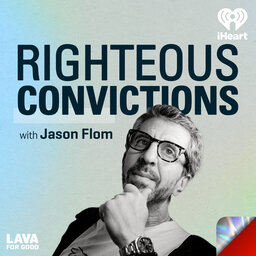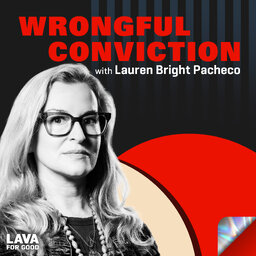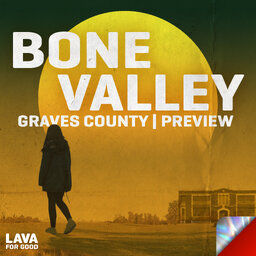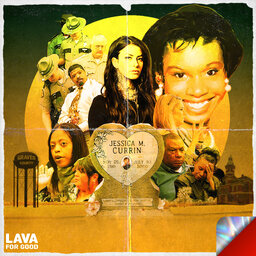Darryl "DMC" McDaniels and Static on guiding at risk youth
Darryl “DMC” McDaniels and Static join Jason to talk about their work with Road Recovery, an entertainment industry-driven non-profit organization dedicated to helping young people battle addiction and other adversities by empowering at-risk youth from all backgrounds to face their struggles, while teaching them comprehensive life skills.
Learn more and get involved:
https://www.facebook.com/roadrecovery/
https://twitter.com/RoadRecovery?s=20
https://www.instagram.com/road_recovery/
https://lavaforgood.com/righteous-convictions
Righteous Convictions with Jason Flom is a production of Lava for Good Podcasts in association with Signal Co No1.
 Righteous Convictions with Jason Flom
Righteous Convictions with Jason Flom


